Monty Python’s John Cleese says that the comedy group was a target of cancel culture. While talking about his new GB News Show, The Dinosaur Hour, Cleese told The Sunday Times (via The Vintage News) that he believes the cancel culture mindset, which shuns, ostracizes, or rejects the actions of others that are deemed unacceptable, has a great impact on comedy and that the members of Monty Python.
Monty Python, which was formed in 1969, was a comedy troupe Cleese was a part of with Michael Palin, Terry Jones, Graham Chapman, Terry Gilliam, and Eric Idle.
Were Monty Python Early Targets of Cancel Culture?
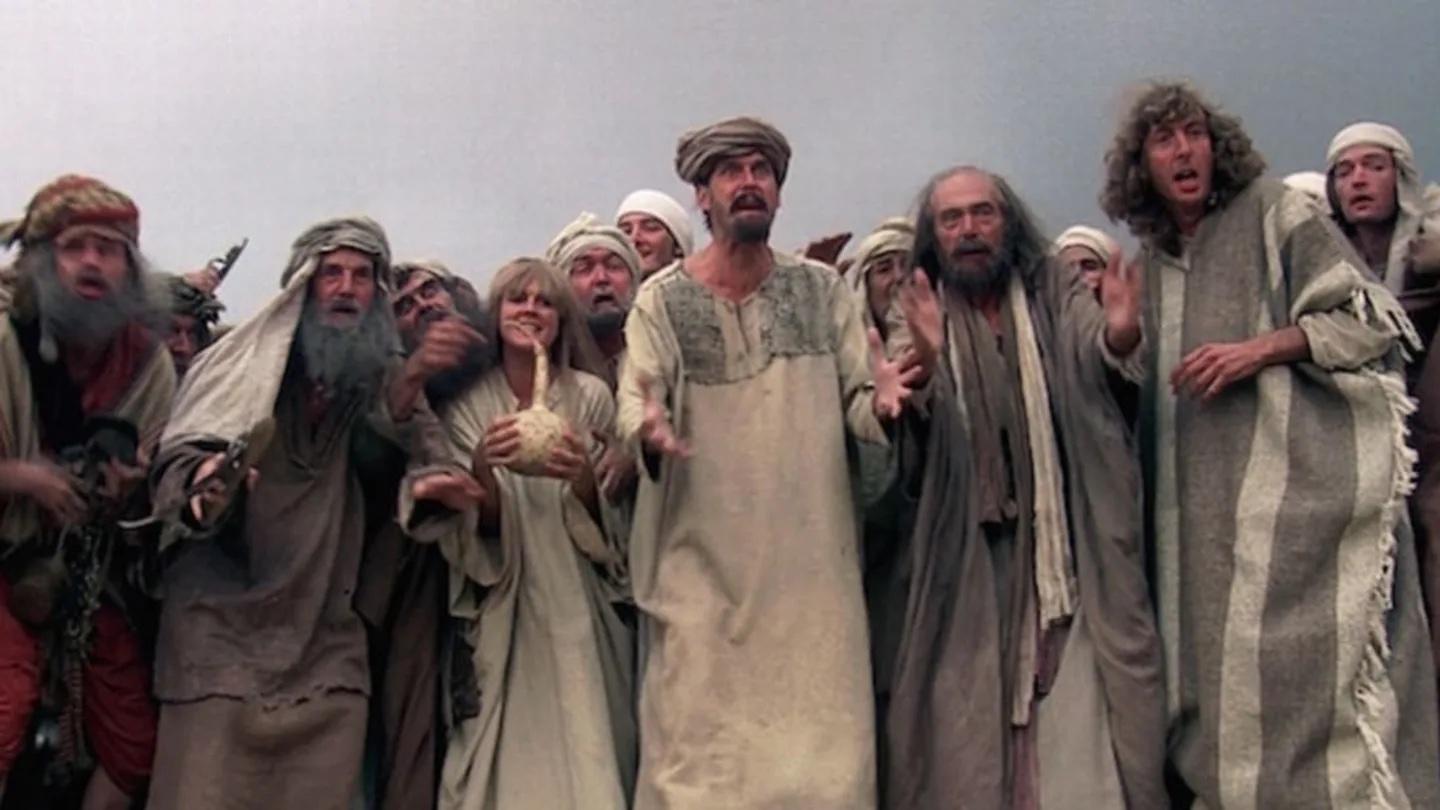
“You could say that we were early targets of cancel culture,” the comedian responded when asked if the Pythons were targets after the controversial film, Life of Brian, was released.
“People don’t like to have their cherished ideas punctured or questioned. We all love to live in our own closed systems of thought, to be surrounded by people who think a bit like us,” Cleese continued. “This is what happens on the internet, too, where you get these blasted echo chambers.”
The Birth of Monty Python’s Notoriety
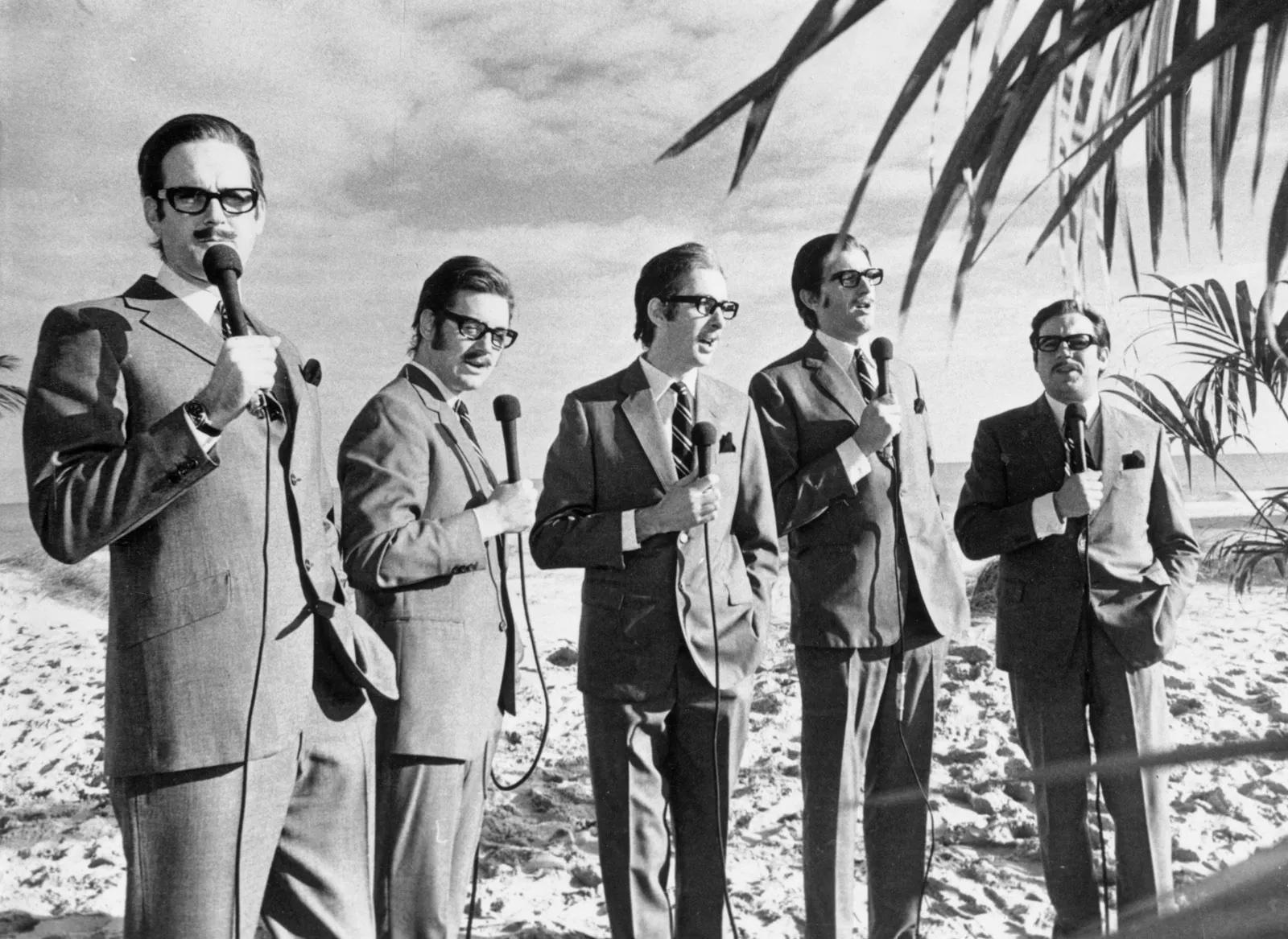
Monty Python rose to prominence in the early 1970s with its BBC sketch comedy series, Monty Python’s Flying Circus. The success of the television show led the group to branch out into cinema.
Monty Python’s Flying Circus was loosely structured as a sketch show with its innovative stream-of-consciousness approach, and Gilliam’s animation skills pushed the boundaries of what was acceptable in style and content.
Monty Python’s Rise in Cinema
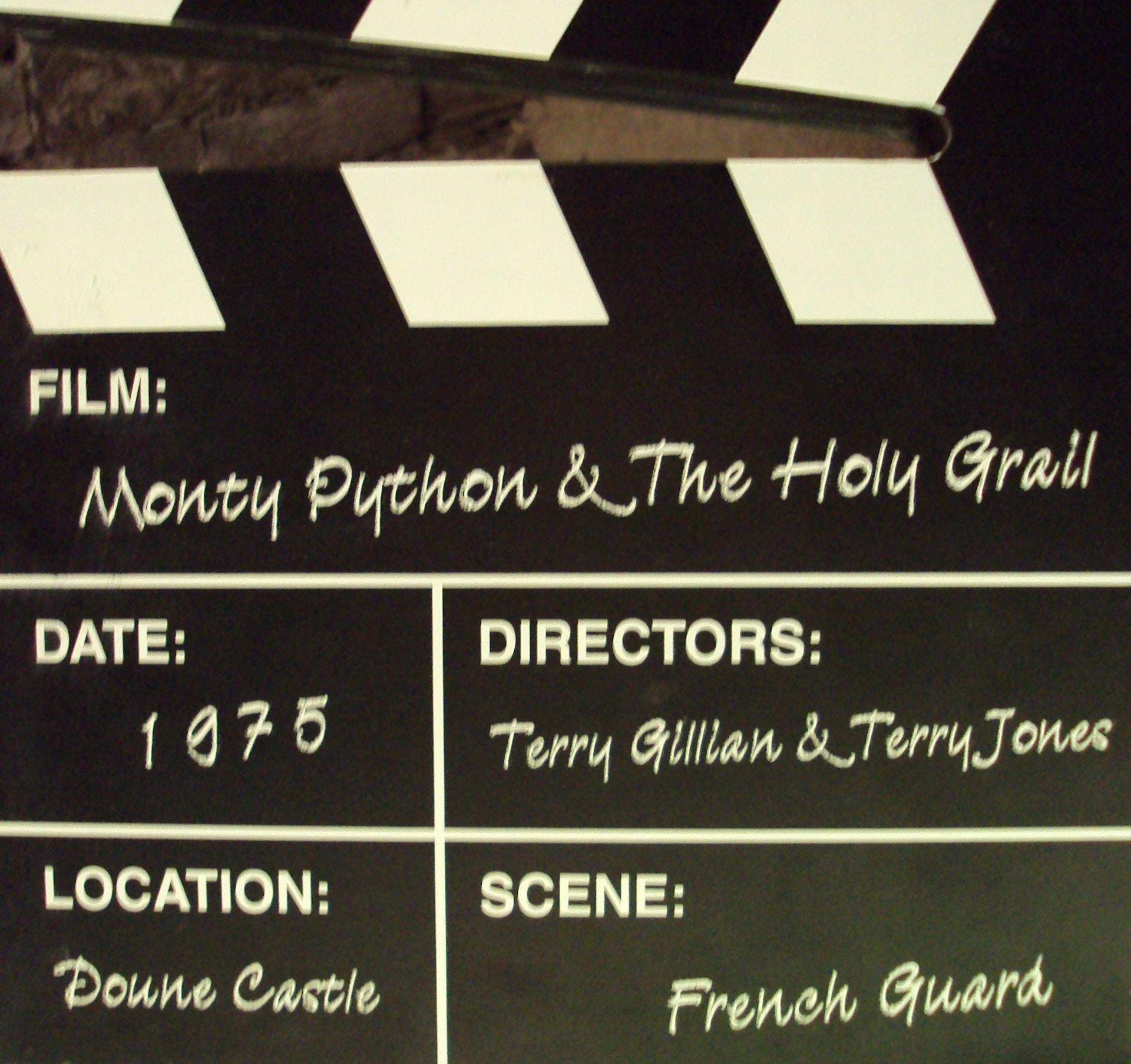
Their first film, Monty Python and the Holy Grail (1975), was made on a minuscule budget of $400,000.
Monty Python and the Holy Grail made about $1.8 million at the domestic box office (and possibly more thanks to generations of repertory screenings).
Controversy During Production of the Second Film
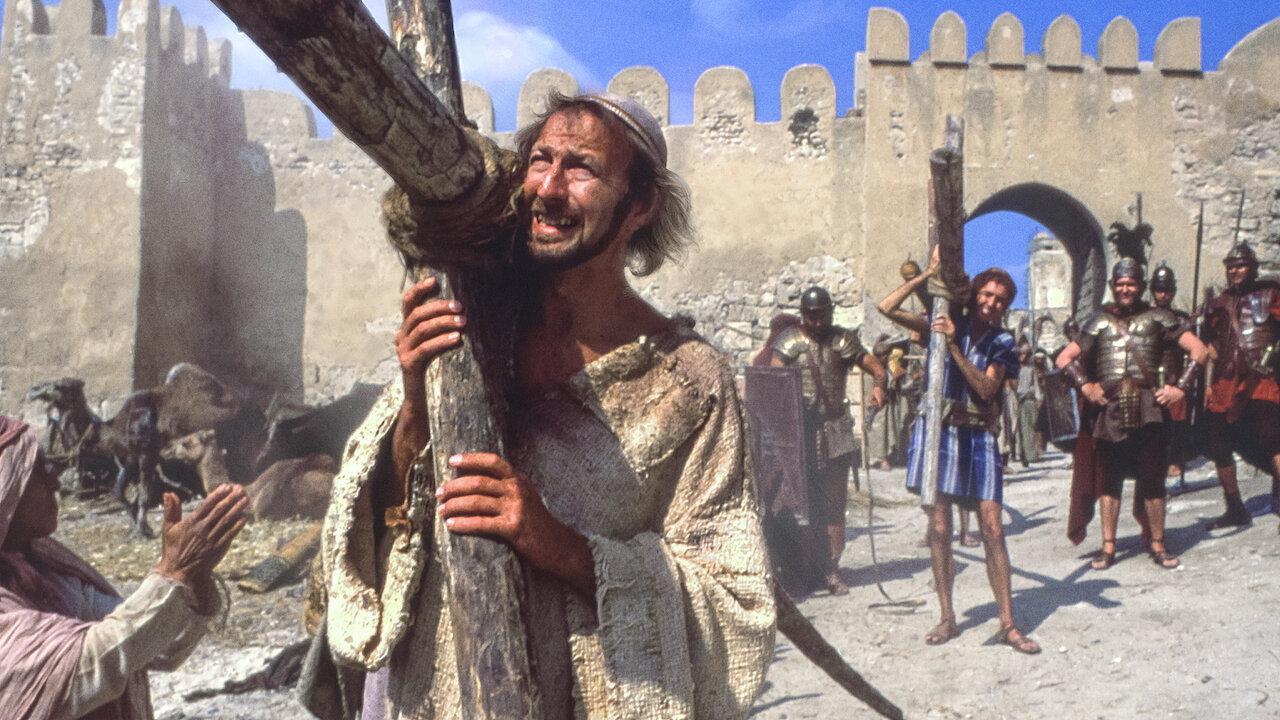
Life of Brian (1979) was the second film to come from the comedy troupe and caused several controversies.
The film centers around a Jewish-Roman man by the name of Brian Cohen, who is born on the same day as Jesus Christ and is accidentally mistaken as the Messiah.
‘Life of Brian’ Gets Canceled
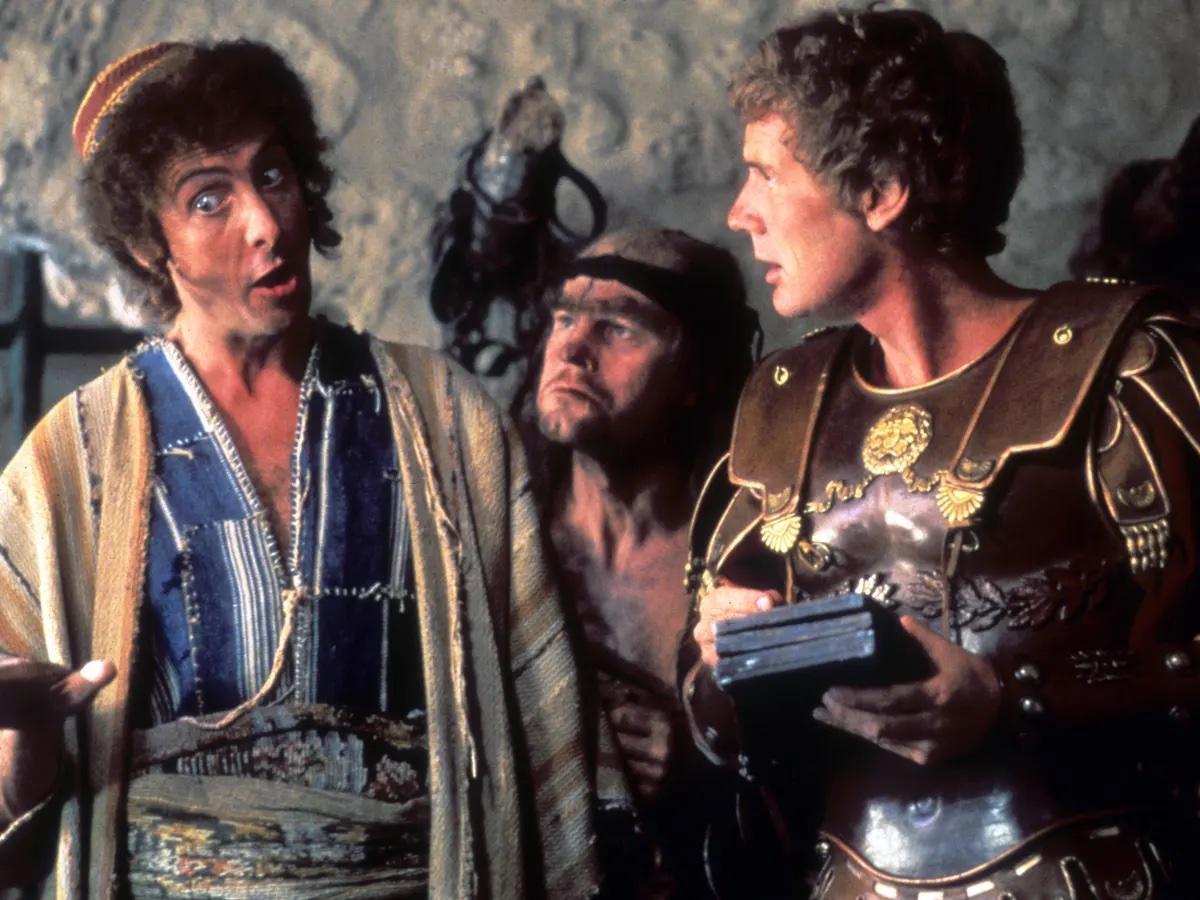
The Christian community accused the comedy group behind the production of blasphemy, with some groups staging protests during screenings.
Life of Brian was banned from showing in theaters in some countries, and the ban remained in place until 1997 when city authorities let the film be shown to raise money for Comic Relief (via /Film).
The Pythons Speak Out
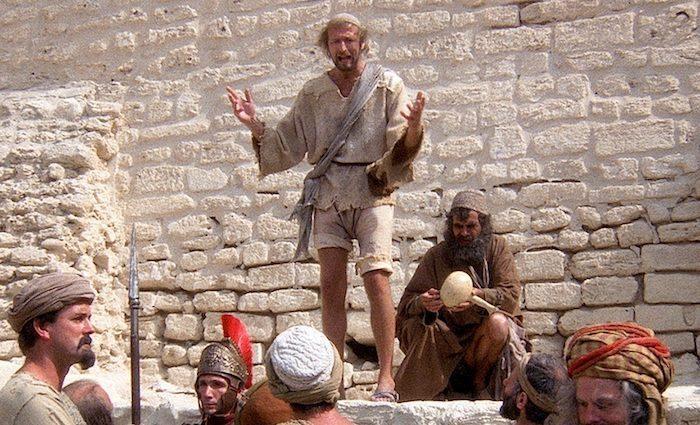
The Pythons asserted that Life of Brian was heretical, not blasphemous, stating that it was a comedy of errors of the people rather than a story about a false idol.
In an interview with Wales Online, the Pythons said, “It wasn’t about what Christ was saying, but about the people who followed Him—the ones who for the next 2,000 years would torture and kill each other because they couldn’t agree on what He was saying about peace and love.”
Legacy of the Controversial Film
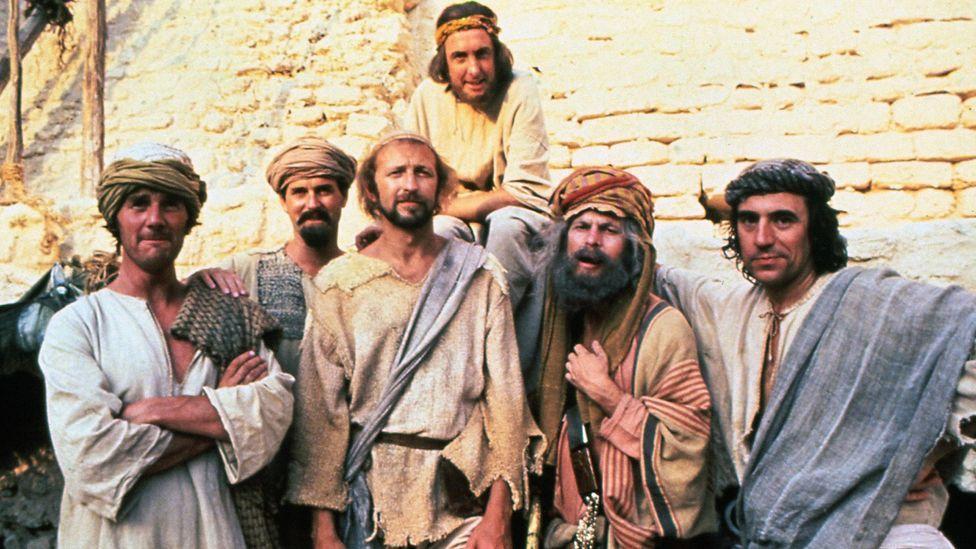
Despite the bans and the backlash, Life of Brian was a box office success, bringing in $19.39 million at the domestic box office on a $4 million budget. The film has also been referred to as one of the greatest comedy films of all time by several publications like Time Out, and ranked as one of BFI’s Top 100 British Films.
The film has been re-evaluated in recent years, and the ban that many cities and countries had on the film has been lifted for audiences to enjoy the comedy of errors. Now, Biblical scholars and historians discuss the film and its reception by looking at how the Pythons used scholarship and texts to creatively tell a story around the historical Jesus.
Cleese on the Importance of Comedy
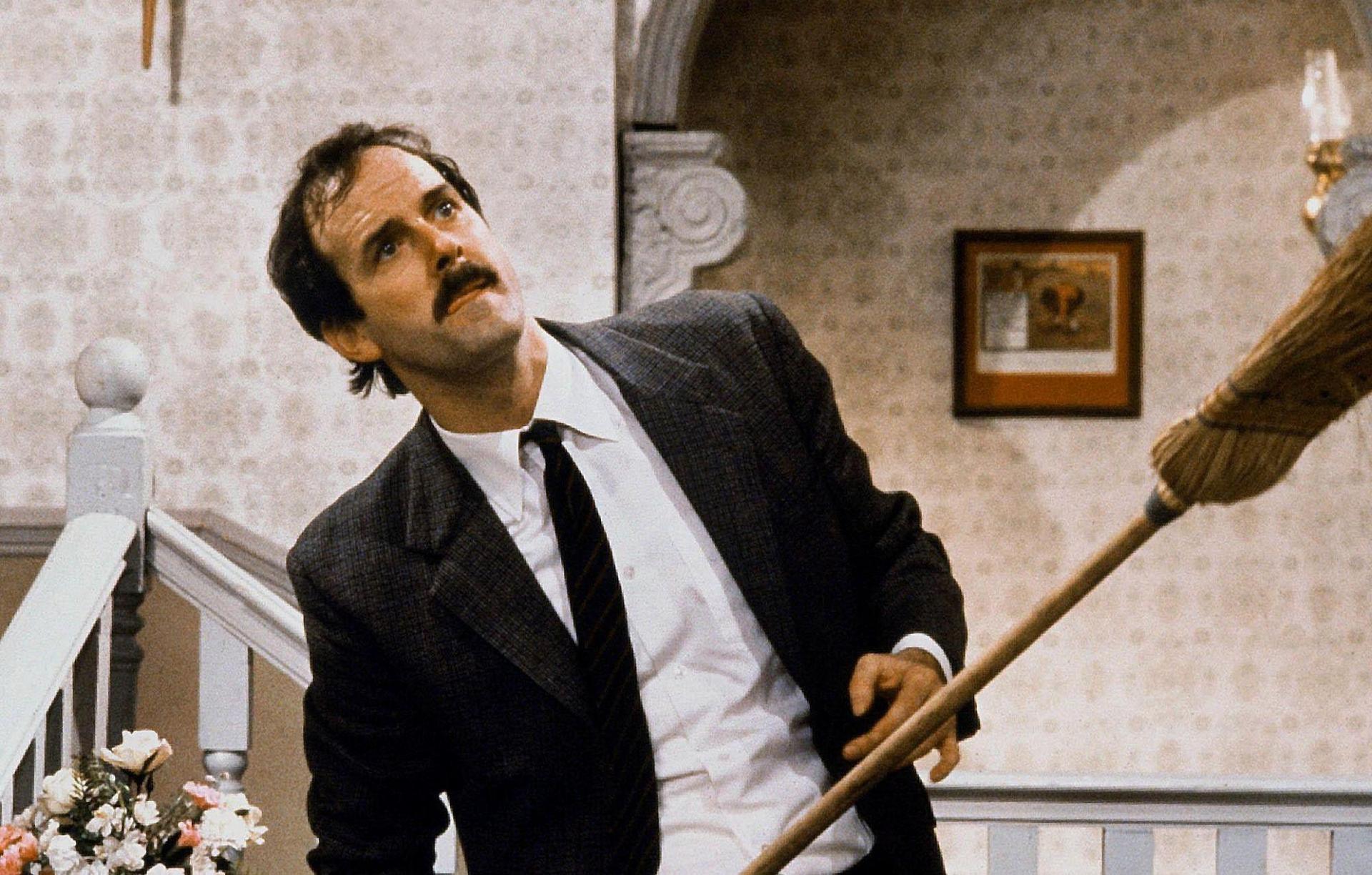
“It’s why comedy is even more important today as a way of pricking those bubbles, opening them up, letting in fresh air. It is good for all of us,” Cleese said about the importance of comedy in the modern age.
“The problem is that cutting-edge comedy becomes difficult if a joke that transgresses someone’s idea of good taste means that the comedian is banned for life. It subverts the creative impulse.”
Could Monty Python Exist Today?

When asked if Cleese and his former Python members would be acceptable by the standards of the modern era of cinema and comedy, Cleese said, “The trick with creativity is to understand that it is not a talent, it’s a frame of mind. You have to get away from fear and doubt. You have to get into a place of playfulness and curiosity so that you can find connections and push boundaries.”
Cleese continued, saying, “ Cancel culture tends to make people less broad in their thinking, more literal-minded. It is tougher to make funny – or intellectually interesting – associations.”
Cleese Warns Us on the Dangers of Cancel Culture
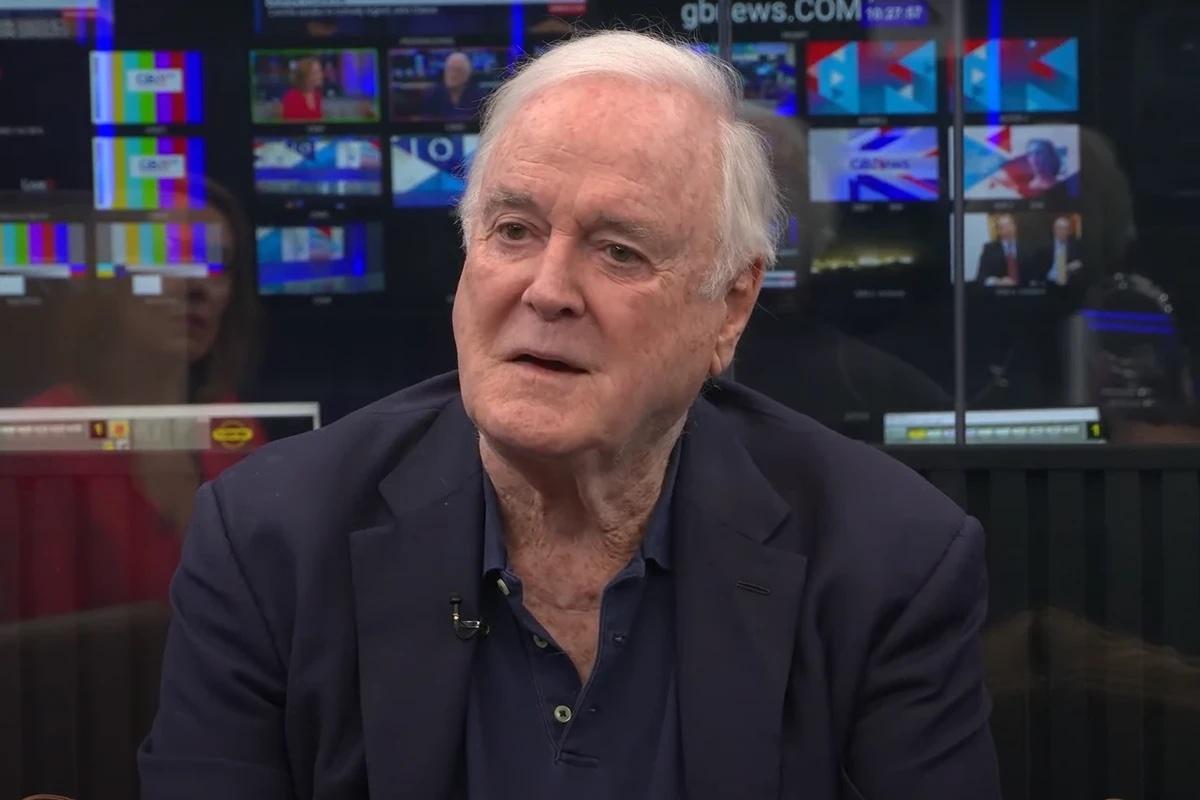
Cleese ends the interview by saying that he understands the appeal of cancel culture, but the term is dangerous to the longevity of a culture.
However, Cleese doesn’t feel bothered by getting “canceled” since he is an older comedian who has been established for many decades. But he does worry about comedians who are just starting out.
The Dinosaur Hour airs weekly on GB News.

